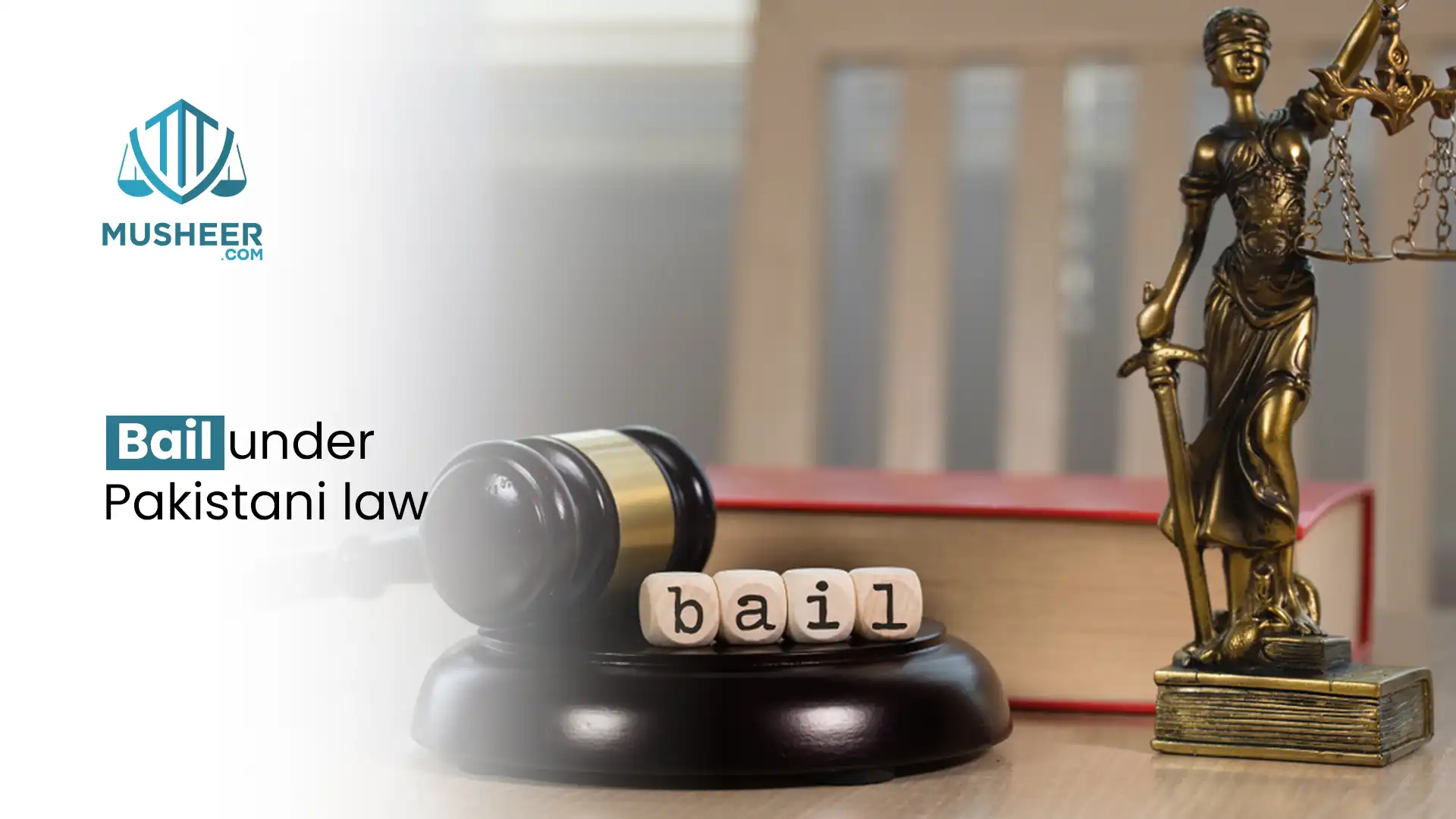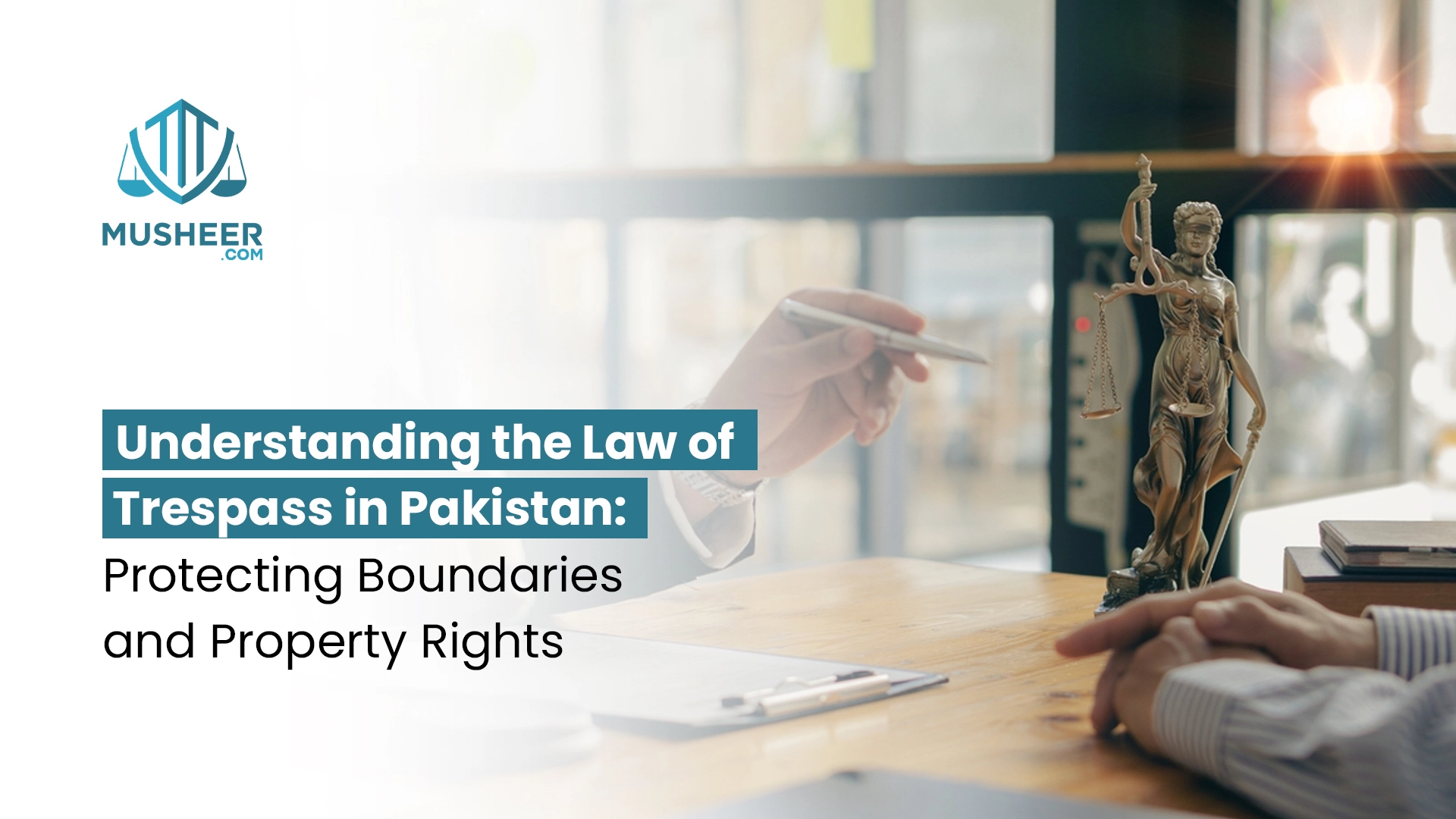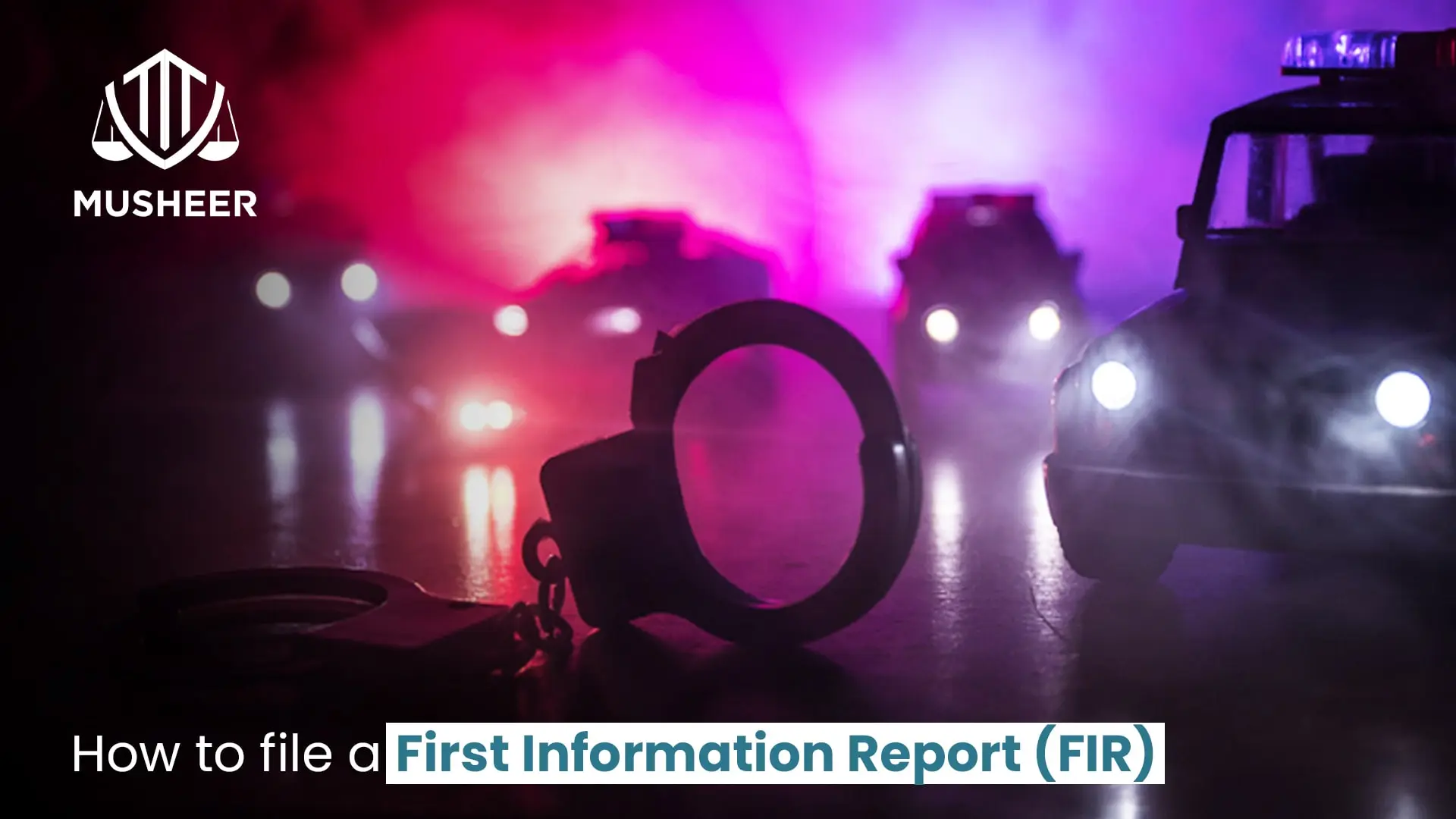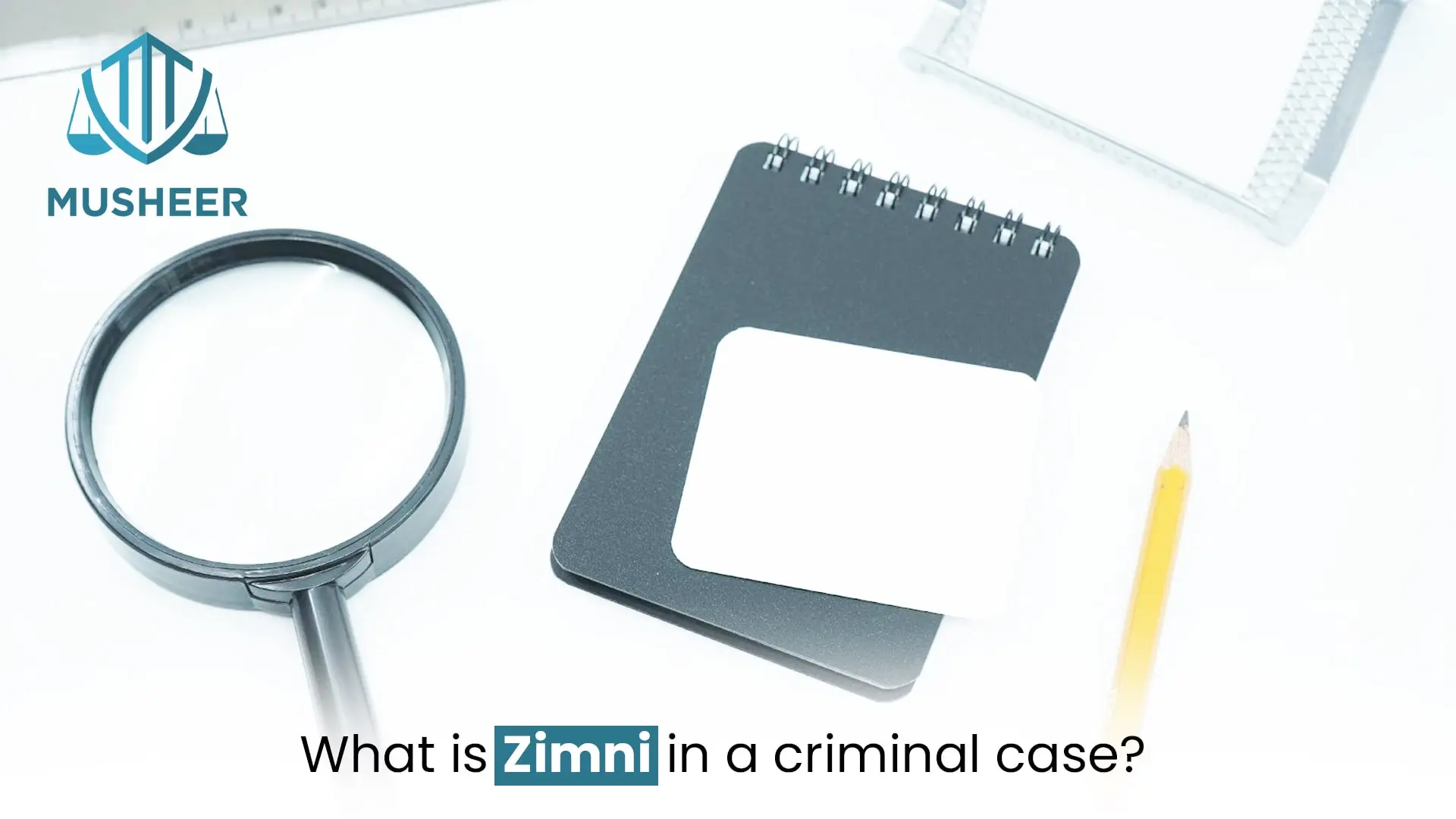The general penal law in Pakistan is contained in the Pakistan Penal Code, 1860 (the “Code”), and the general law of criminal procedure is contained in the Code of Criminal Procedure, 1898 (the “Cr.P.C.”) An offence has been defined in the Code as any act or omission made punishable by law for the time being in force.
The offences have been categorized into cognizable and non-cognizable offences. Cognizable offences are those in which police may arrest without a warrant issued by the Magistrate, and non-cognizable offences are those in which Police cannot arrest without such a warrant.
Bailable And Non-Bailable Offences
Offences are further classified as bailable or nonbailable.
Section 4(b) of the Code defines Bailable and Non-bailable offences as:
4(b) "Bailable offence, "non-bailable offence": "Bailable offence" means an offence shown as bailable in the Second Schedule or which is made bailable by any other law for the time being in force; and "non-bailable offence means any other offence.
In bailable offences, as listed in the Second Schedule to the Code, bail is the right of the accused, and the police cannot unlawfully keep the alleged offender in its arrest.
However, in non-bailable offences, bail is granted to the alleged offender not as a right but as a concession. Bail in a non-bailable offence is granted considering all just principles laid down by the superior courts on this behalf.
Concept Of Bail
The concept of bail derives its validity from the Constitution. It is a fundamental right of every person to be protected from unlawful arrest or detention. Law jealously guards the freedom of individuals; therefore, the concept of bail takes its validity from this fundamental freedom. Until the commission of an offence has been proved by a Court of law, individual freedom cannot be curtailed unreasonably.
ARTICLE 10. Safeguard as to Arrest and Detention.
-
No person who is arrested shall be detained in custody without being informed, as soon as may be, of the grounds for such arrest, nor shall he be denied the right to consult and be defended by a legal practitioner of his choice.
-
Every person who is arrested and detained in custody shall be produced before a magistrate within a period of twenty-four hours of such arrest, excluding the time necessary for the journey from the place of arrest to the Court of the nearest magistrate and no such person shall be detained in custody beyond the said period without the authority of a magistrate.
It was observed in the case of The Crown vs Khushi Muhammad, PLD 1953 FC 170 that “the basic concept of bail is a release of a person from the custody of the police or delivery into the hands of sureties, who undertake to produce him in court whenever required to do so.”
Therefore, the purpose of bail is to ensure that the alleged offender or accused does not try to escape the proceedings against him.
Bail In Non-Bailable Offences
Section 497(1) of the Cr.P.C. provides that an accused in a non-bailable offence may be released on bail; however, he shall not be so released if there appear reasonable grounds for believing that he has been guilty of an offence punishable with death or life imprisonment or imprisonment for 10 years.
497. When bail may be taken in case of non-bailable offence:
(1) When any person accused of any non-bailable offence is arrested or detained without warrant by an officer in charge of a police station or appears or is brought before a Court, he may be released on bail but he shall not be so released if there appear reasonable grounds for believing that he has been guilty of an offence punishable with death or imprisonment for life or imprisonment for ten years:
Provided that the Court may direct that any person under the age of sixteen years or any woman or any sick or infirm person accused of such an offence be released on bail, provided further that a person accused of an offence as aforesaid shall not be released on bail unless the prosecution has been given the notice to show cause why he should not be so released.
The language of the first part of Section 497(1), Cr.P.C. provides for the expression, "may be released on bail", signifying the grant of discretion of the Court. However, this provision, read with basic principles of criminal justice, makes the grant of bail under this part a rule and refusal of bail an exception.
The second part of section 497(1), Cr.P.C., provides that an accused shall not be released on bail if there appear reasonable grounds for believing that he has been guilty of an offence punishable with death or imprisonment for life or imprisonment for ten years. This part of section 497(1), Cr.P.C., which prohibits the grant of bail in certain offences, is popularly known as the prohibitory clause of section 497(1), Cr.P.C. However, the proviso to Section 497(1) provides that the Court may direct that any person under the age of sixteen years or any woman or any sick or infirm person accused of an offence under the prohibitory clause be released on bail.
Principle For Grant Of Bail To Women, Sick, Infirm And Minors Under The Age Of 16 Years
The Principle of bail, as elaborated by the Supreme Court of Pakistan in Tahira Batool vs. The State, PLD 2022 Supreme Court 764, is that an accused who is a woman, infirm, sick person or person under the age of sixteen years will be granted bail even in the case of non-bailable offences. Thus, the grant of bail to the aforementioned persons, even in the case of non-bailable offences, is a rule and refusal of bail an exception.
The Supreme Court has observed:
“This means that in cases of women, etc., as mentioned in the first proviso to section 497(1), irrespective of the category of the offence, bail is to be granted as a rule and refused as an exception manner as it is granted or refused in offences that do not fall within the prohibitory clause of section 497(1), Cr.P.C.”









